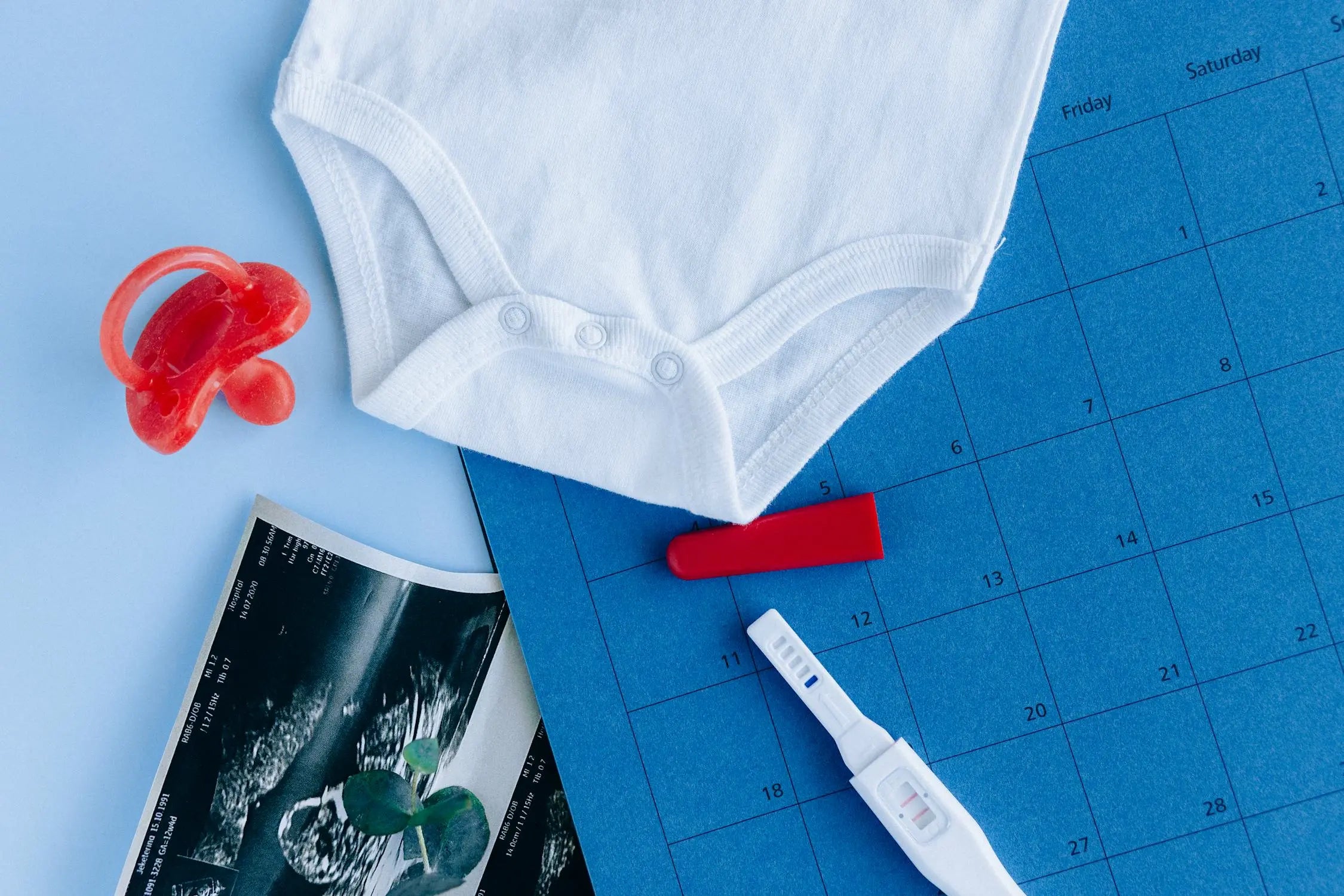Accueil
Pregnancy, Breastfeeding, and Pumping: The Ultimate Guide for Moms
How Far Along Will a Pregnancy Test Work: A Comprehensive Guide

How Far Along Will a Pregnancy Test Work: A Comprehensive Guide
When it comes to determining pregnancy, one of the most common questions is: how far along will a pregnancy test work? Understanding the accuracy and timing of pregnancy tests can help you make informed decisions and reduce unnecessary stress. This article dives deep into the science behind pregnancy tests, their effectiveness at different stages, and practical tips for ensuring reliable results.
How Pregnancy Tests Work
Pregnancy tests detect the presence of human chorionic gonadotropin (hCG), a hormone produced by the placenta shortly after a fertilized egg attaches to the uterine lining. hCG levels rise rapidly in the early stages of pregnancy, doubling approximately every 48 to 72 hours. Most home pregnancy tests are designed to detect hCG in urine, while blood tests conducted by healthcare providers can measure hCG levels more precisely.
When Can a Pregnancy Test Detect Pregnancy?
The timing of a pregnancy test is crucial for accurate results. Most home pregnancy tests claim to detect pregnancy as early as the first day of a missed period. However, the accuracy of these tests depends on several factors, including the sensitivity of the test, the concentration of hCG in your urine, and the timing of implantation.
Implantation typically occurs 6 to 12 days after ovulation. Once implantation happens, hCG production begins, but it takes a few days for the hormone to reach detectable levels in urine. Testing too early can result in a false negative, even if you are pregnant. For the most reliable results, it is recommended to wait at least one week after a missed period before taking a pregnancy test.
How Far Along Will a Pregnancy Test Work?
The effectiveness of a pregnancy test depends on how far along you are in your pregnancy. Here is a breakdown of what to expect at different stages:
- Early Pregnancy (1-2 Weeks Post-Ovulation): At this stage, hCG levels are still very low, and most home pregnancy tests may not detect pregnancy. Blood tests conducted by a healthcare provider are more sensitive and can detect pregnancy earlier.
- 3-4 Weeks Post-Ovulation: By this time, hCG levels have risen significantly, and most home pregnancy tests can provide accurate results. Testing in the morning, when urine is more concentrated, can improve accuracy.
- 5+ Weeks Post-Ovulation: At this stage, hCG levels are high enough to be detected by all pregnancy tests. False negatives are rare, but it is still important to follow the test instructions carefully.
Factors Affecting Pregnancy Test Accuracy
Several factors can influence the accuracy of a pregnancy test, including:
- Test Sensitivity: Different tests have varying levels of sensitivity to hCG. Some tests can detect lower levels of hCG, making them more effective earlier in pregnancy.
- Timing of Testing: Testing too early or at the wrong time of day can affect results. Morning urine typically contains the highest concentration of hCG.
- Proper Usage: Incorrect use of the test, such as not following the instructions or using an expired test, can lead to inaccurate results.
- Medical Conditions: Certain medical conditions, such as ovarian cysts or recent miscarriages, can affect hCG levels and lead to false positives or negatives.
Tips for Reliable Pregnancy Test Results
To ensure the most accurate results from a pregnancy test, consider the following tips:
- Wait for the Right Time: Avoid testing too early. Waiting at least one week after a missed period can improve accuracy.
- Use Morning Urine: The first urine of the day is more concentrated and contains higher levels of hCG.
- Follow Instructions Carefully: Read and follow the test instructions meticulously to avoid errors.
- Check Expiration Dates: Using an expired test can lead to inaccurate results.
- Confirm with a Healthcare Provider: If you receive a positive result, confirm it with a blood test or consultation with a healthcare provider.
Understanding False Positives and Negatives
False positives and negatives can occur for various reasons. A false positive may result from certain medications, medical conditions, or an expired test. A false negative is more common and often occurs when testing too early or not following the test instructions properly. If you suspect a false result, consider retesting after a few days or consulting a healthcare provider.
When to Seek Medical Advice
If you have concerns about your pregnancy test results or experience symptoms such as severe pain, heavy bleeding, or unusual discharge, seek medical advice immediately. A healthcare provider can perform additional tests and provide guidance based on your specific situation.
Understanding how far along a pregnancy test will work is essential for accurate results and peace of mind. By knowing the science behind pregnancy tests, the optimal timing for testing, and the factors that can affect accuracy, you can approach the process with confidence. Whether you are hoping for a positive result or preparing for the next steps, being informed is the key to navigating this important journey.
Partager

